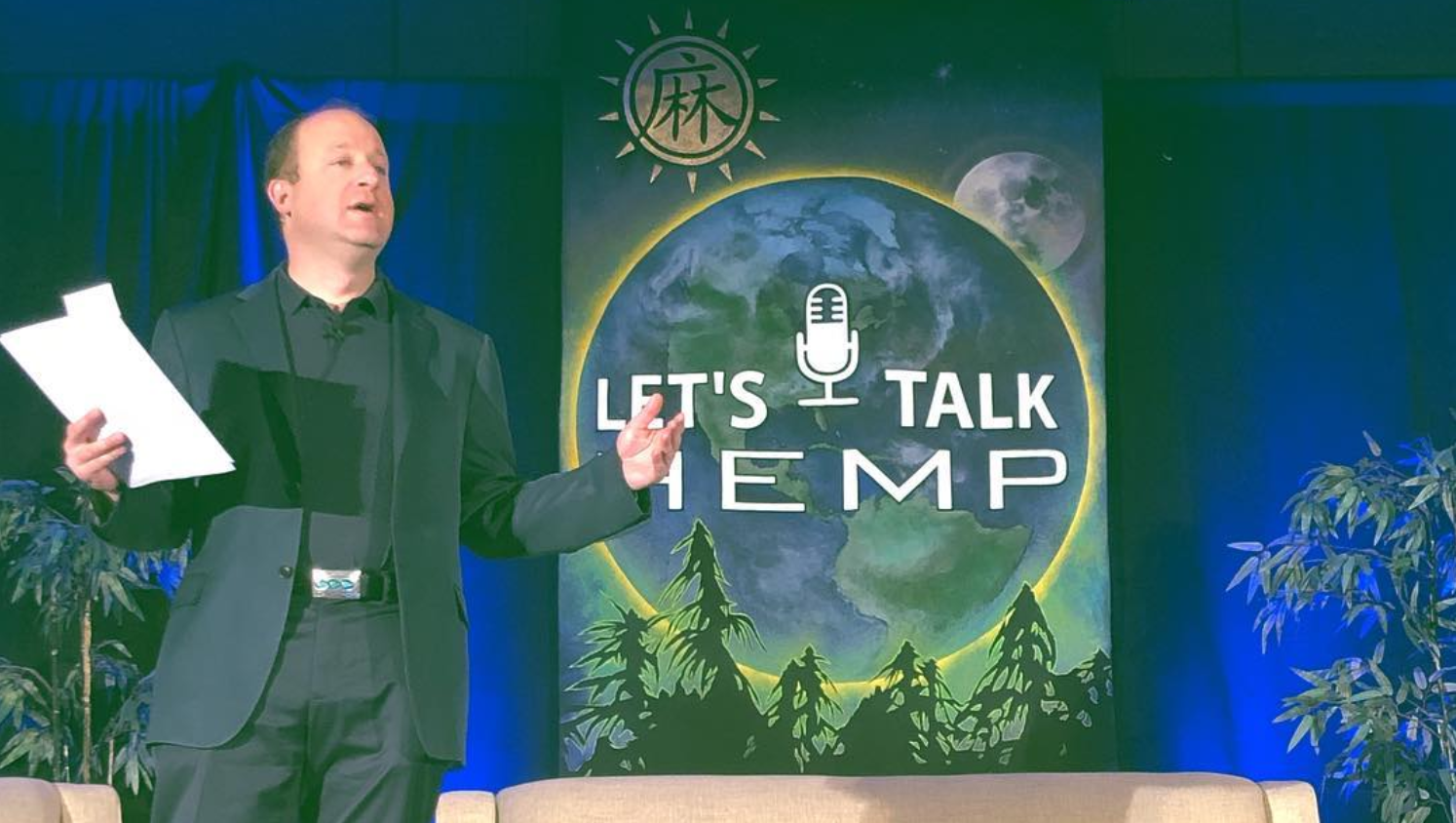
Over the past several years, the NoCo Hemp Expo in Colorado has grown into a major yearly occasion for those interested in the hemp industry.
Compared to just several hundred participants during its inaugural year in 2014, organizers of the sixth annual NoCo Hemp Expo said they expected about 10,000 people during this year’s two-day event near Denver International Airport.
And it appeared they weren’t exaggerating. The exhibition halls were packed with people jostling to learn the latest about the hemp business.
Since late last year, when the federal Farm Bill that legalized hemp was signed into law, experts have been predicting a renaissance for America’s hemp industry. The market for hemp-derived cannabidiol (CBD) alone, driven by dramatic consumer demand in the nutraceutical and pharmaceutical sectors, is forecast to reach $22 billion by 2022.
And hemp has become a legitimate international commodity; with a global market estimated at $3.9 billion US in 2017 and expected to expand at a 14% CAGR (compound annual growth rate) between last year and 2025.
State-by-State vs. Federal
But while the industry has been growing at an historic rate, some long-time observers suggest the U.S. hemp market will probably evolve with development on an irregular, state-by-state basis.
“Congress took a very big step at the end of 2018 and the states are now individually moving at different speeds,” Loren Israelsen, president of the United Natural Products Alliance (UNPA), told Hemp Benchmarks.
“So what we really need is further directive from Congress on how to rationalize the state approach, both in terms of the regulation of the finished product, as well as how to support the expansion of industrial hemp for American farmers.”
Israelsen noted that while some states have taken a very progressive approach with their hemp programs, they remain the exception.
But he expects more states and their farming communities will become more open to hemp regulation, growth and production “once you begin to see the economic benefits, both in terms of the agricultural opportunities as well as all the other parts of the industry that hemp will be the source of: whether it’s cosmetics or natural health products, pharmaceuticals, textiles of all sorts, industrial lubricants, the list goes on and on and on.”
‘It’s anyone’s game’
One of the big themes at this year’s NoCo Hemp Expo was the challenges the hemp economy faces from the federal government’s apparent indecision over hemp regulations. But according to industry observers the rapidly-evolving hemp market will also have its say.
Rick Trojan, vice-president at the Hemp Industries Association, says the U.S. Food and Drug Administration’s “misinterpretation” of CBD as an investigative new drug has created a lot of new issues for the market, including CBD’s legal status.
But he also expects more growth and consolidation in the U.S. hemp market, particularly in the type of hemp products, starting later this year and into early 2020.
“As the government and the USDA (U.S. Department of Agriculture) starts creating regulations around it, that will help identify where the lanes will be,” Trojan told Hemp Benchmarks. “Will it be isolate, will it be distillate, will it be THC-free? So, I think regulations will help dictate that. But right now, it’s anyone’s game.”
Politics and Hemp
The political landscape of hemp is also quite confusing. Colorado Governor Jared Polis addressed the hemp expo audience, and he received cheers and applause when he commended Colorado as being the “number-one state in the union for hemp production.”
But he also warned that competition from other states, as well as federal regulations, might change that ranking in the near future.
The governor was also approached by a fellow lawmaker following his remarks. Wisconsin State Senator Lena Taylor had questions for Polis about how her state should go about regulating hemp – especially when it came to issues such as distribution, licensing and transportation.
Industry dilemmas
UNPA’s Loren Israelsen believes the FDA has a big problem right now, in that it recently approved Epidiolex, a new drug containing CBD, for the treatment of seizures associated with some forms of epilepsy.
That approval, he told Hemp Benchmarks, “suggests that there’s really clear efficacy and safety information around CBD, so that makes it legitimate in the minds of many.”
But the problem with interpretation, he added, is that “now we have to figure out how do you allow the drug-holder to operate in the market right next to those that are selling CBD and other products that are over-the-counter for general consumers.”
Israelsen expects the hemp market, both nutraceutical and pharmaceutical, will find itself moving toward what are described as full-spectrum extracts.
“Right now, we see CBD as isolates but that runs straight back into the drug problem; is that an isolated CBD and a consumer product has to be reconciled against the drug that is on the market,” he said.
Another potential choke point for the hemp industry, he said, is that every state has its own rules.
“Some don’t even let you put CBD on the (product) label, others require it,” he said. “That’s how wide that the range is, of what the states are telling the local producers and local companies to do. And if you’re selling products on a national level, that just doesn’t work. We need national guidance, so that everyone has a uniform label. That’s what the FDA’s role, likely role, will turn into.”